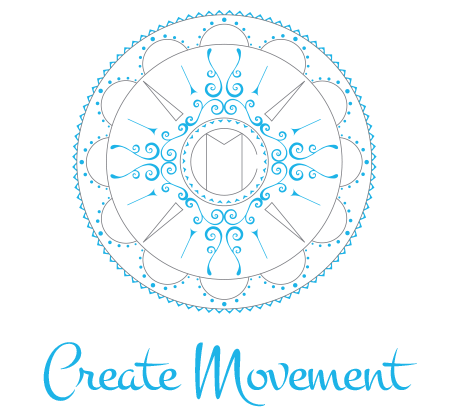Resilience and the management of emotions
A point of view on resilience enhancing practice based on own experience and relevant literature
What makes us more resilient, and why is it so important to find adaptions to live life to the fullest with a healthy state of mind?
I would like to start with how I came to write this blog. My intention was to write about resilience and adaptability. It didn’t really work for me writing about both. There is a clear difference between resilience and adaptability. Decision made: this blog post is about resilience.
Definition of resilience is:
“…the capacity of a dynamic system to adapt successfully” (Masten, 2014; Southwick, 2014).
Another definition: Resilience generally means the ability to recover from shock or disturbance (Wikipedia)
After reading articles and researches on resilience and adaptability and diving deeper into research I found that there are clear distinguishing factors in the formation of resilience such as: physical, psychological, social economic, culture, religious elements. The nature of resilience is actually very complex.
I used to live in the Swiss Alps. The work I did was hard on the body, but I believe living in and working in these conditions made me resilient. The terrain where I worked was harsh, especially in winter. On some mornings the thermometer read
-15 degrees. My day started by getting on a chairlift in the early morning. Snowflakes dropped in silence from the sky. It was the most magical place to be. That’s what I thought. It was so cold that often icicles were present everywhere. The peaceful ride, sitting in a chair lift or being on the slope with skies or snowboard, seeing this gigantic mountain, made my heart jump with joy.
With my team of 3 other people we had to set up an entire restaurant setting outside. Some days we expected 300 people for lunch. Clearing the space, means getting the shovel and removing the snow, setting up the tables and chairs. If it had been snowing all night, it took us a couple of hours to clear the space.
After a full day of work, we either stayed up there in staff accommodation or I used to snowboard back down the mountain, specially when the sunsets were absolutely spectacular. This work life style made me incredibly resilient to weather conditions and work load. Being a physically active person, it gave me motivation and drive and of course the ability to adapt to different daily weather conditions and work pressure.
We did quite a few winter and summer seasons in the Swiss alps. Physically and mentally I felt strong and it was my favourite place to live in. I perceived myself to be somewhat of a warrior. Clearly the environment shaped me to make me more resilient.
Later I had a few more of these types of life/ work set up experiences in life. So, I believe many of the environmental challenges I faced, made me more resilient.
I am interested in researching what the key factors are, that make us humans more resilient. I am highly interested in cultural diversity, human adaptations and the availability of environmental resources.
The nature of resilience processes is dependent on the mental and physical
state of a person. Resilience refers to the process of adapting well in the face of adversity, trauma, tragedy, threats or significant source of stress. According to studies, resilience is negatively correlated with indicators of mental ill-being, such as depression, anxiety, and negative emotions, and positively correlated with positive indicators of mental health, such as life satisfaction, subjective well-being, and positive emotions.
As I was learning about these issues, I was beginning to think about different cultures and traditions and how they would affect people in their upbringing and further down the track in life. I thought about poverty and ultrarich people and how wealth could impact resilience.
I thought of the work in psychology, exercise science and the fitness world. I found many great articles, well written books and blog posts about this subject.
In stress situations someone being resilient adapts well and bounces back quickly. The stress can be manifested by family or relationship problems, serious health problems, problems in the workforce or financial hardship.
I believe resilience can be learned. Physically and mentally becoming more resilient can be learned by a form of exercising, managing emotions, an important part of psychological processes involved in energy regulation, or finding supportive and integrative concepts to use in daily life.
One of the articles I read, highlighted the importance of focusing on evaluating and teaching methods to enhance resilience rather than continually focusing on or examining the negative consequences of trauma and stress.
Developing the skills of resilience can help you face challenges and difficulties in life, which can help you feel better and cope better.
Let me ask you a question. What words come into your mind describing a resilient person?
It’s a demanding world out there. I thought for myself how amazing it would be to work as a coach and guide people to become more resilient on a mental, emotional, physical and spiritual level.
Thinking of the current situation we face worldwide, for the future we need more movement teachers, coaches, lectures in this field, more social workers, more body workers and spiritual healers.
The way we adapt and become resilient will be the ultimate success for a healthy, happy life.

